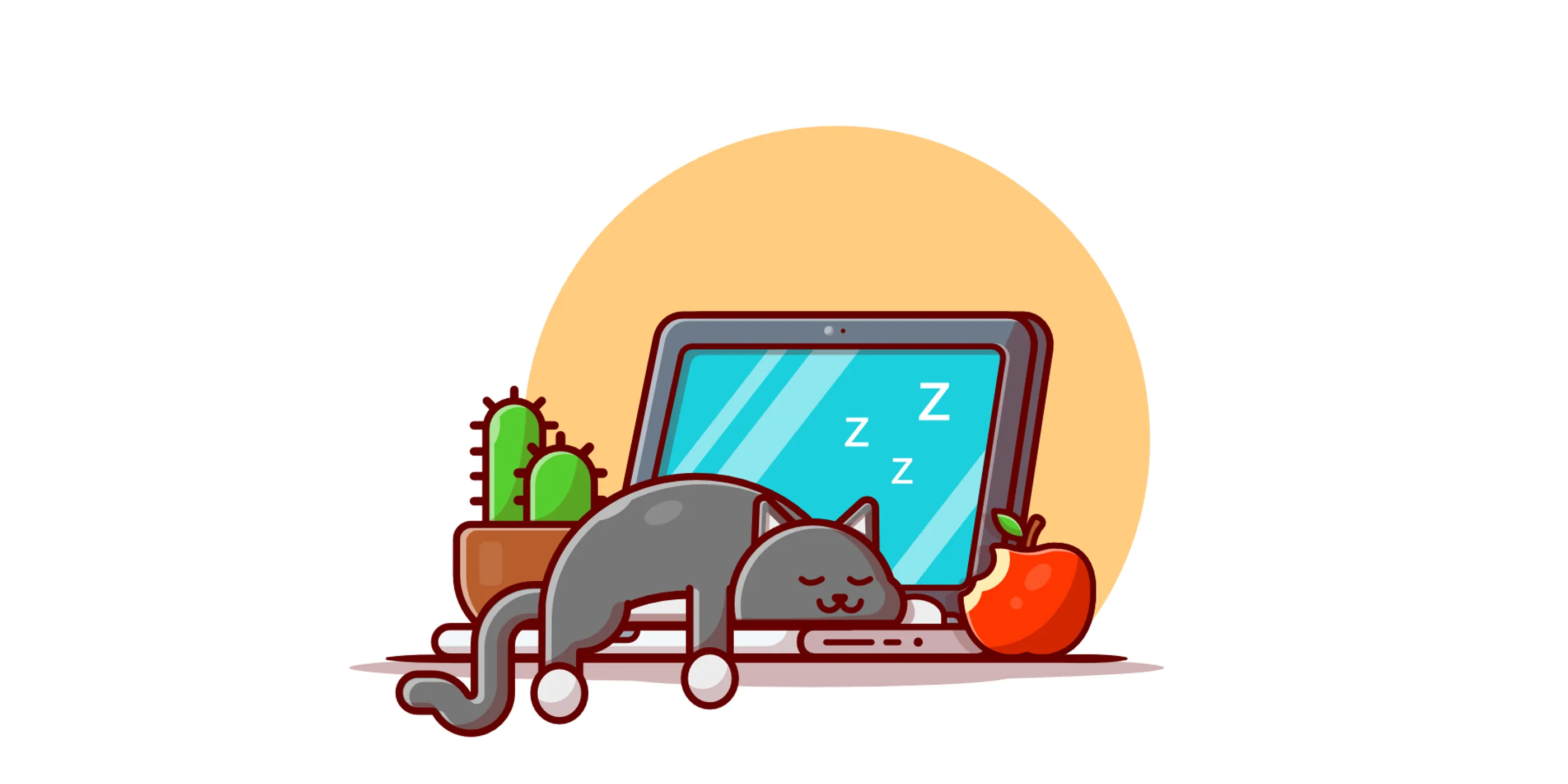Knowing that sleep is good for your mental health is one thing, but it is totally another to know how to sleep better. There is a lot of advice out there, and while it is good, for the most part, it can be confusing. I mean, where do you start? If you make all the changes, are you guaranteed a better night's sleep? The answer is no, and the reason is that any change will always take time to work. So don't expect miracles, but stick with it, as everyone is capable of having a good night's sleep. Here is to asking the question: how can I sleep better?
Maintain a consistent sleep schedule
A consistent sleep schedule is probably the most important tip to follow out of all of them. The idea is to pick a set time to go to bed and a set time to wake up every day. Before you ask about whether going out with friends and staying out late means you change your wake-up time to later, the answer is no, you still have to wake up at the same time. Regardless of whether it is a workday or a weekend, the schedule is the most important thing to stick to. Of course, it will fluctuate, so don’t get too stressed about it, but if your schedule is generally the same every day, your sleep will improve.
The reason this works is that your body has a wake sleep cycle that decides whether you should be awake or asleep. If your bedtime keeps changing then the sleep wake cycle changes and so when you try and go to bed early the chances are you won’t sleep because it doesn’t fit in with your body’s sleep wake cycle.
Create a restful environment
The environment plays an important part in feeling sleepy; it helps the process of starting to feel drowsy. It is nearly impossible to jump into bed and fall asleep straight away. Understandably, if you have been active just before, you cannot expect your body to be able to switch off immediately. It takes time to wind down.
To set up your environment for sleep, you can consider the following about an hour before you plan to get into bed. The lighting needs to be dimmed; this helps activate proteins in the eyes that make us feel drowsy. This makes sense, as the body has had generations of understanding that when it gets dark, we sleep. It’s only recently that the blue light screens we use confuse the body to think it is still daytime. The room temperature should be cool, as this helps our body regulate melatonin, which helps us feel drowsy and prepares our body for sleep. These conditions not only help us fall asleep but also help us stay asleep.
Limit exposure to screens before bed
It is important to stop using anything with a screen an hour before you are planning to sleep. The blue light from the screens can fool the body into believing it is daylight and therefore disrupt the sleep-wake cycle and the development of melatonin, which helps regulate this cycle. As well as the blue light, the content of what we are reading or watching can disrupt our sleep. For example, if you are reading an email that makes you stressed about the next day at work, or if you are watching an adrenaline-fuelled film that excites your brain, these types of screen time can increase your blood pressure and prevent you from sleeping by either giving you a busy mind or a higher heart rate where you just cannot relax. If you do need to read your emails or plan your day, try and do it a couple of hours before you go to sleep or change your routine by allotting time the next day to go through emails, calendar dates, and other work-related tasks.
Exercise regularly
Try to get at least 30 minutes of exercise every day to help with your sleep. This is especially true if your day is quite sedentary. Of course, do not exercise just before bed as this will stimulate your body and prevent you from sleeping well. Exercising regularly can help you fall asleep faster and enjoy a deeper sleep.
Starting exercise is always the hardest, so don't make it too hard as it should be a lifestyle change and not something that you can easily give up again. If the gym does not excite you, then look at a regular fast walk outside, taking up a sport, and look at alternative gym classes like yoga. Whatever you choose, it has to be easy for you to start. So if the gym is near your home or place of work, the easier it is to turn up, the easier it will be to maintain the routine.
Pay attention to what you eat and drink
The aim of the game is not to go to bed hungry or so full it hurts to lie on your front and to watch how much you drink just before bed to limit those midnight stumbles to the toilet. Of course, it is also important what you eat as it is the timing and quantity. Foods that are high in sugars, fats, and carbohydrates will give you a burst of energy that is definitely not desirable before bed. You may feel tired, but with that much energy to burn off, you will struggle to fall asleep.
The types of foods and drink to avoid before bed or as your last meal of the day (if that meal is close to when you go to bed) are as follows:
- Fatty Foods: Foods high in saturated fats like burgers, deep-fried fast foods, or cheese can slow down the digestion process, leading to discomfort that can disrupt sleep.
- Sugary Foods: Foods with high sugar content such as candy bars, ice cream, cookies, and sugary cereals can cause a spike in blood sugar levels. When these levels subsequently drop, it may cause you to wake up in the middle of the night.
- Carbohydrate-dense Foods: Foods high in carbs such as pasta, bread, and rice can make you feel energetic and prevent you from falling asleep or disrupt your sleep.
- Spicy Foods: Though not specifically high in fat, sugar, or carbs, spicy foods can also affect sleep as they can cause indigestion and acid reflux.
- Caffeinated Foods and Drinks: Chocolate, coffee-flavoured desserts, and energy drinks can keep you awake due to the caffeine content.
- Alcoholic Beverages: Alcohol can cause disrupted sleep patterns and prevent the deeper stages of sleep.
There are foods that can help promote sleep too and they are as follows:
- Nuts (e.g. Almonds, Walnuts)
- Herbal Tea (e.g. Chamomile, Passionflower)
- Seafood (e.g. Fatty Fish like Salmon and Tuna)
- Grains (e.g. White Rice)
- Poultry (e.g. Turkey)
If you can avoid all the food types from the first list and try to include some of the foods from the second list, then you are giving yourself a great chance for a perfect slumber.
How can sleep help with mental health?
Getting a good night's sleep can have a profound effect on our mental health. Poor sleep can lead to increased stress, irritability, and depression. On the other hand, getting a good night's sleep can help improve mood, reduce stress levels, and enhance cognitive function.
Sleep is also important for memory formation and recall. Studies have shown that getting enough sleep helps us to better remember things that we've learned during the day. This can be especially important for those with mental health conditions, such as depression and anxiety, as it can help them to better manage their symptoms.
Summarising how can I sleep better
Looking at the changes that need to be made to help with a good night's sleep, it is clear to me that it is as much of a mental challenge as it is a physical one. The changes are all based around the few things that we like to do or are just pure habits, like endlessly scrolling through our phones looking for that snippet of entertainment that may make us smile. Not an easy thing to change, and so if sleep is really important to you, your mental health, and your happiness, then the journey will be a tough one but a journey that is well worth starting. Don't beat yourself up if you drop the ball occasionally, as long as you pick it back up and the good habits become the norm rather than those bad habits that are preventing a good night's sleep.













